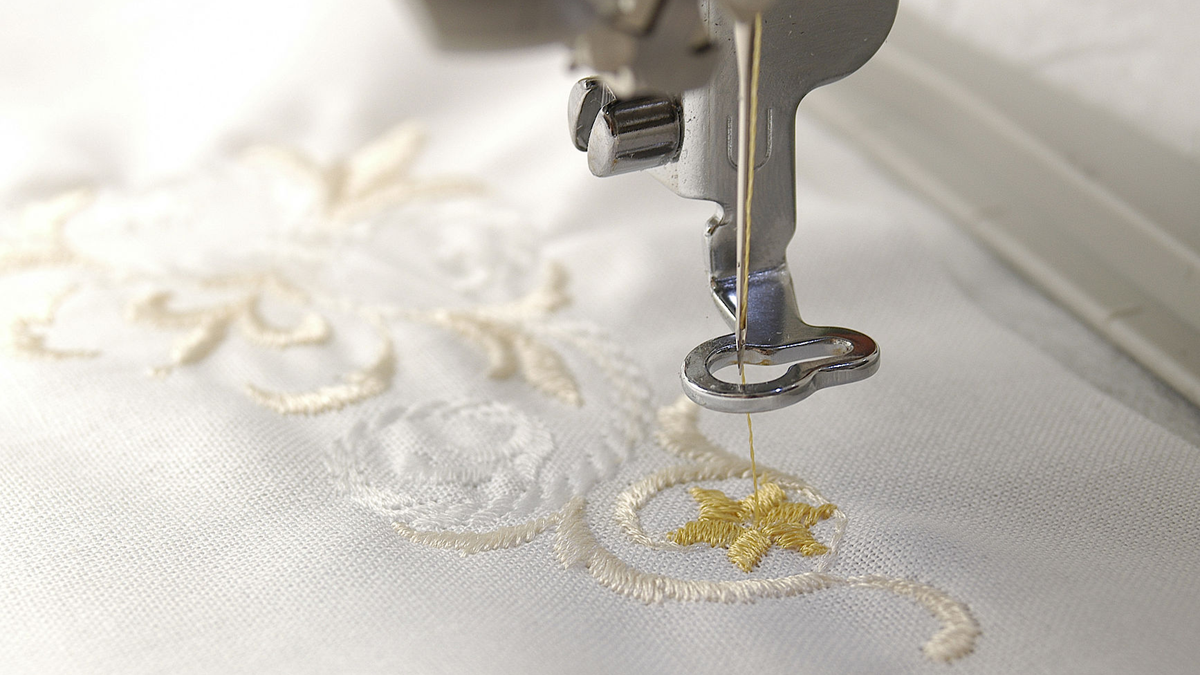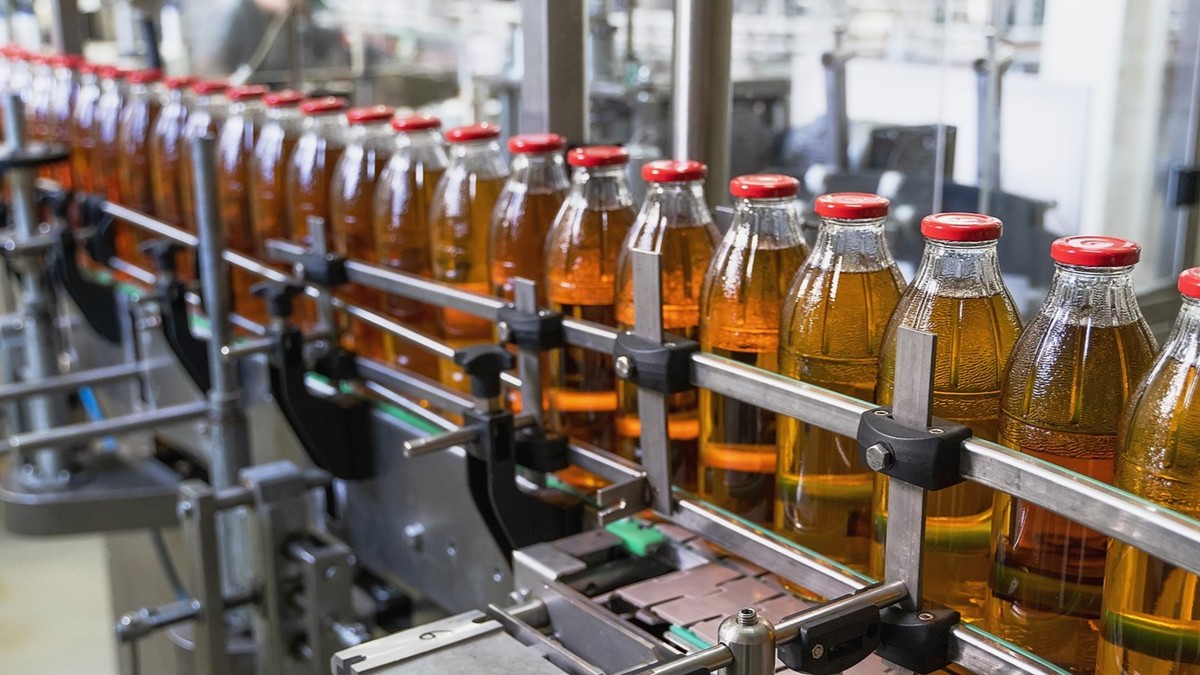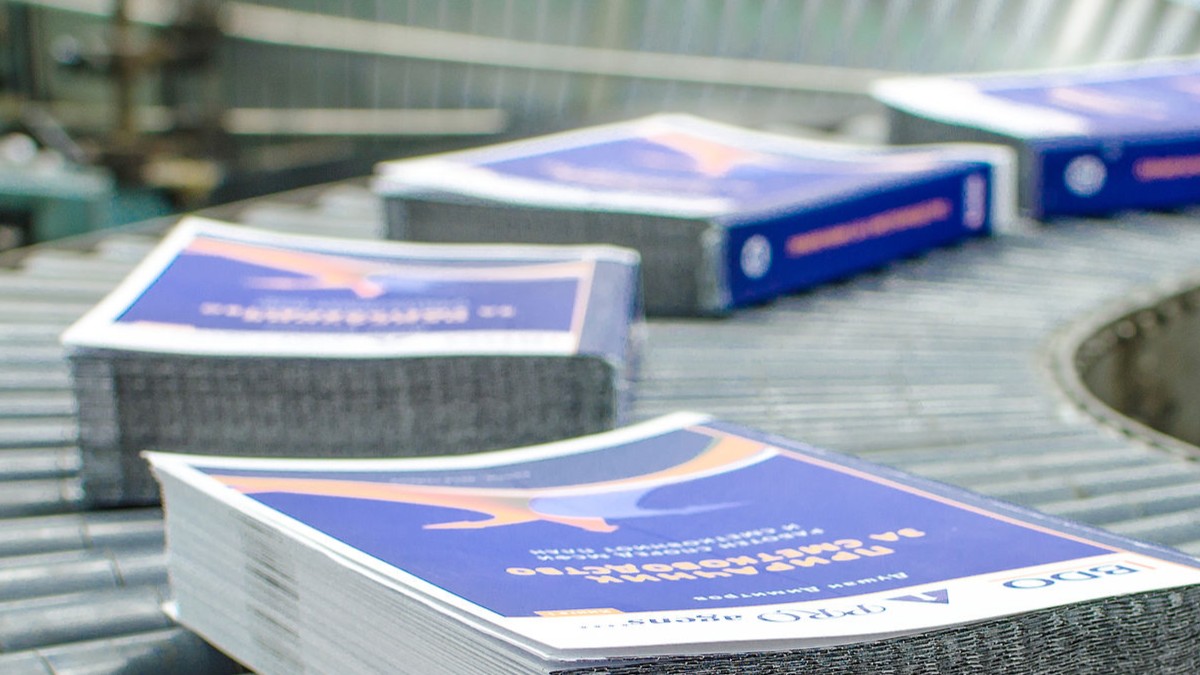Recently, increasing geopolitical tensions and global supply chain disruptions resulting from the pandemic have caused multinational corporations to rethink the structure of their supply chains. To mitigate risks and improve resilience, a growing number of manufacturers are shifting their operations from offshoring to onshoring and nearshoring. Thanks to its robust manufacturing ecosystem, strategic location, and technological expertise, Taiwan has emerged as a key destination for advanced manufacturing and high-value component production. Backed by a highly skilled workforce, resilient infrastructure, and advanced manufacturing capabilities, Taiwan is deeply integrated into global technology supply chains and offers stable, tech-driven production networks. These strengths position Taiwan as an ideal onshoring partner and are drawing renewed global investment.
What is Onshoring and Why Taiwan?
Onshoring refers to the practice of relocating manufacturing operations back to a company’s home country or a more geopolitically aligned and secure location. For many global firms, this means turning to trusted allies like Taiwan to minimize risk, improve quality control, and access cutting-edge innovation.
Taiwan has earned a reputation as a global technology hub. It is the world’s leading manufacturer of semiconductors and plays a pivotal role in sectors such as machine tools, electronics, optics, advanced materials, and precision engineering. As Western firms seek greater supply chain reliability, Taiwan’s transparent business practices, highly skilled workforce, and commitment to technological advancement have made it a preferred onshoring destination.
Why Taiwan's Strengths Matter to Global Investors
Taiwan’s manufacturing landscape spans a broad spectrum of industries, including CNC machining, semiconductors, electronics, precision machinery, lithium-ion batteries, digital components, optical lenses, bicycles and e-bikes, renewable energy, and biotechnology. The strengths of these industries are enabled by the integration of several key factors:
Advanced Manufacturing, Technology, and Workforce Excellence
Taiwanese manufacturers lead in multiple technology sectors, notably semiconductors, electronics, and precision machinery. A skilled, engineering-savvy labor force drives rapid innovation in fields such as smart machinery, semiconductors, and medical instruments. Taiwan Semiconductor Manufacturing Company (TSMC), a global leader in chip production, exemplifies Taiwan’s strategic importance—particularly during the ongoing global chip shortage. TSMC’s cutting-edge capabilities have made it indispensable to tech giants like Apple, Nvidia, and AMD.
Strong and Diverse Industrial Base
Companies such as Giant Manufacturing Co. and Merida Industry Co. lead the global bicycle and e-bike markets, showcasing Taiwan’s leadership in sustainable transportation. Their innovative designs and well-established global distribution networks reinforce Taiwan’s reputation for quality and reliability.
Robust Supplier Networks, Logistics, and Global Connectivity
Taiwan’s dense ecosystem of specialized suppliers makes it ideal for vertically integrated manufacturing strategies. Its geographic location and world-class logistics infrastructure position it as a prime gateway to regional and global markets. Major ports like the Port of Kaohsiung—one of the world’s largest—and logistics providers such as Evergreen Marine Corporation support efficient global trade and enhance Taiwan’s appeal as a stable manufacturing hub.
IP Protection and Regulatory Transparency
For high-tech industries, protecting intellectual property is critical. Taiwan’s clear and enforceable legal framework instills investor confidence and supports long-term business commitments.
International Onshoring Investments in Taiwan: Who’s Investing and Why?
• Intel: Recently increased collaboration with TSMC, investing heavily in advanced semiconductor fabrication plants to secure high-performance chips vital for next-generation computing.
• Apple: Expanded manufacturing partnerships in Taiwan, particularly in semiconductor technology, to secure its supply chain against global disruptions.
• Shimano: Strengthened partnerships with Taiwanese bicycle part manufacturers, relying on the region’s high-quality production to maintain its global market leadership.
Refocused Domestic Investment
Foxconn (Hon Hai Precision Industry Co., Ltd.)
As a global leader in electronics manufacturing, Foxconn has diversified its operations not only across Asia but also reinvested in Taiwan to support high-end, automated production. The move reduces dependency on China while reinforcing Taiwan’s position in high-tech manufacturing.
Hiwin Technologies Corp.
Hiwin, a global name in ball screws and linear motion control systems, has long been a benchmark in the machine tool sector. With rising demand for automation and precision engineering, Hiwin’s expanded production facilities in Taiwan illustrate how local manufacturing is thriving under the onshoring trend.
Giant Manufacturing Co., Ltd.
Taiwan’s cycling giant has not only led the global e-bike market but has recently increased domestic production to meet surging demand from Europe and North America. Supply chain shocks and rising transportation costs have driven Giant to refocus on Taiwan’s vertically integrated production environment.
AU Optronics Corp. (AUO)
AUO, a global display technology firm, is strengthening its smart manufacturing capabilities in Taiwan. With strategic investments in local R&D and AI-integrated factories.
As businesses recalibrate their supply chains for resilience and technological leadership—and seek strong partnerships in machine tools, digital devices, biotechnology, smart manufacturing, and beyond—they are finding in Taiwan not just a supplier, but a competitive advantage.





.jpg)








